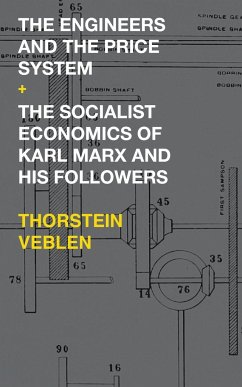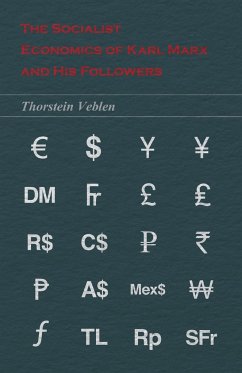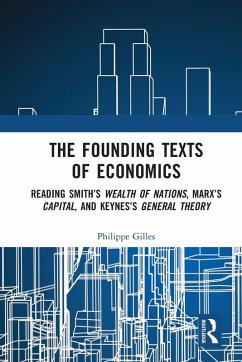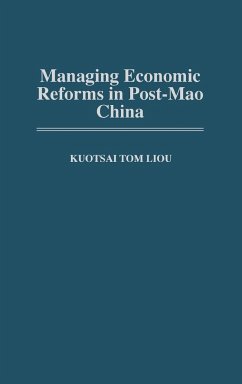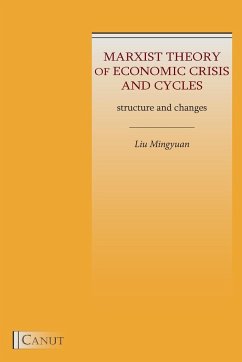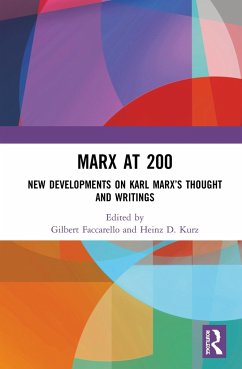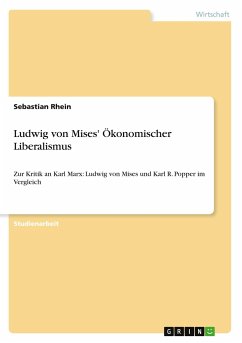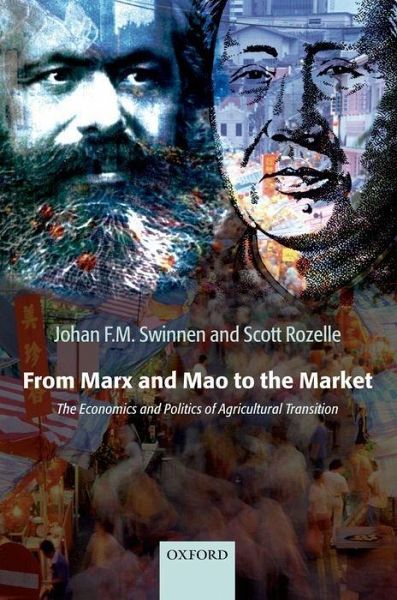
From Marx and Mao to the Market
The Economics and Politics of Agricultural Transition
Versandkostenfrei!
Versandfertig in 1-2 Wochen
159,99 €
inkl. MwSt.

PAYBACK Punkte
80 °P sammeln!
The emergence of China as a global economic powerhouse, the uncertain path of Russia towards a market economy, and the integration of ten Central and Eastern European countries into the European Union (EU) have occupied the minds and agendas of many policy-makers, business leaders and scholars from around the world at the end of the twentieth and the beginning of the twenty-first century. Twenty years ago these developments were unimaginable. The impact of these changes is so vast that the importance of understanding the forces that unleashed this process, how these changes became possible, an...
The emergence of China as a global economic powerhouse, the uncertain path of Russia towards a market economy, and the integration of ten Central and Eastern European countries into the European Union (EU) have occupied the minds and agendas of many policy-makers, business leaders and scholars from around the world at the end of the twentieth and the beginning of the twenty-first century. Twenty years ago these developments were unimaginable. The impact of these changes is so vast that the importance of understanding the forces that unleashed this process, how these changes became possible, and what the lessons are for other developing countries, cannot be overestimated. This book is the first effort to analyze the economics and politics of agricultural reforms by comparing the reform processes, their causes and their effects across this vast region. The authors draw on a vast set of studies and new data, which compare reforms and economic impacts in more than 25 countries, to come up with a series of conclusions and implications on the role of economic reforms in growth, and the importance of initial conditions and political constraints in explaining the choices that were made and their effects. The book analyzes some of the most successful sets of agricultural policies in history that have lifted people out of poverty, raising productivity and incomes by staggering amounts. At the same time the book explains the reasons behind dramatic failures in policy processes and reforms that caused hunger, poverty and which had devastating effects on economic growth and development for millions of other people.



